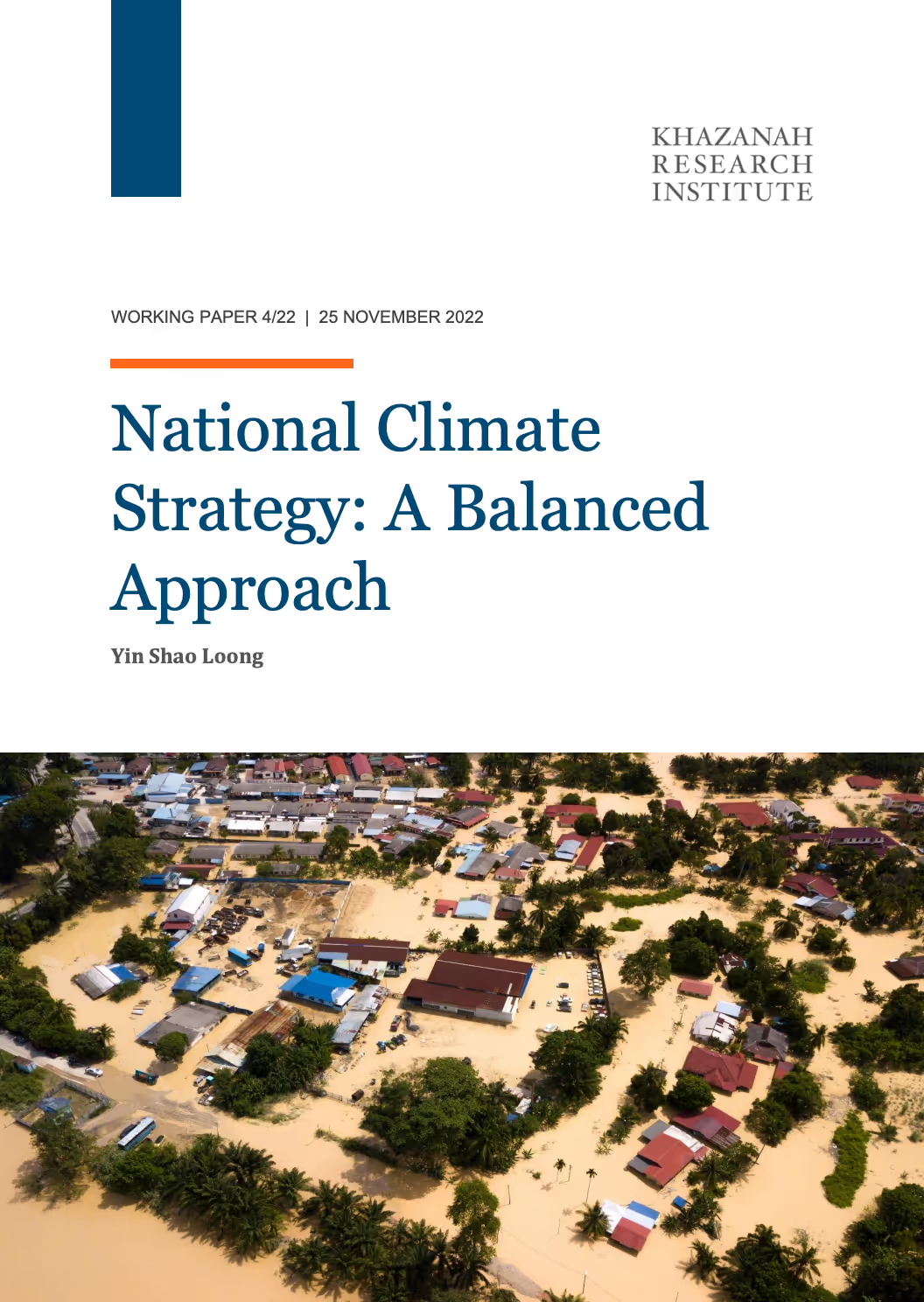
Malaysia faces pressure to cut its greenhouse gas emissions in line with expectations about climate action. However, this emphasis on mitigation may be at odds with Malaysia’s actual historical responsibilities and legal obligations under United Nations treaties. An effective and balanced national climate strategy should reconcile climate adaptation and mitigation with national development strategy and grand strategic aims. Malaysia’s relatively small contribution to historical emissions means that domestic emissions reduction has limited gains for global climate stabilisation goals. Domestic action favouring adaptation should be supplemented with diplomatic efforts to pressure large emitter countries to make deep, rapid and credible cuts in emissions.
The working paper also interrogates the assumptions behind a number of climate policy tools such as net-zero targets, carbon pricing and the EU’s carbon border adjustment mechanism.












.avif)

